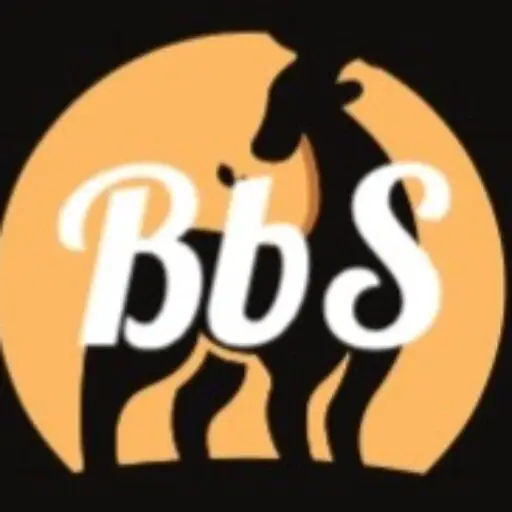7 Tax Minimization Strategies – Maximizing Your Bottom Line: 7 Small Business Tax Savings Strategiesture of your business.17 Tax Minimization Strategies
The QBI deduction has some other restrictions and limitations, so check with your tax preparer about your eligibility.
Fund a Retirement Plan
Setting up and funding a retirement plan for yourself and/or your employees can save you money on taxes. Make sure it’s a qualified plan so you can take advantage of those tax savings. It must be one that’s recognized by the IRS to allow deferment of taxes on earnings until the earnings are withdrawn. They include IRAs and defined contribution plans such as a 401(k) or 403(b).27 Tax Minimization Strategies
Many options are available depending on your business, your goals, and your needs. Consider talking with a financial professional to figure out which is best for you.
Take Tax Credits to Lower Your Business Income
Tax credits are the federal government’s way of encouraging businesses and individuals to do things—or not do things—that affect the greater good. For example, you can take tax credits for hiring employees, going green, providing access to disabled employees and the public, and providing health coverage for employees. Most are part of the General Business Credit, which is quite extensive so it’s quite possible that you qualify under some of its terms. Check with your accountant.3
Buy Equipment and Vehicles for Depreciation Deductions
Businesses can take tax write-offs on purchases of business equipment, machinery, vehicles, and sometimes even real estate. These write-offs can sometimes be taken in the first year you own and use the equipment. The two most common types of this accelerated depreciation are Section 179 deductions and bonus depreciation.
Section 179 deductions allow you to immediately deduct the costs of certain assets when you put the assets in service. The maximum deduction was increased to $1 million in 2018 under the Tax Cuts and Jobs Act (TCJA). Equipment, machinery, and certain real estate purchases can qualify.4
Bonus depreciation is an extra benefit for buying assets. The TCJA also increased this tax break from 50% to 100% of cost for assets placed in service from September 27, 2017 through January 1, 2023.5
Talk to your tax preparer if you’ve purchased any major assets to find out if you qualify.
Deduct the Cost of Gifts
You can deduct up to $25 per person of the cost of gifts given to customers and vendors. An exception exists for those that bear your business name, are distributed as a matter of course, and cost less than $4.6
Deducting the costs of entertainment is a bit trickier if you show your appreciation by paying for a good time. These costs are no longer deductible unless the event is directly related to your business in some way.7
Time Your Business Income and Expenses
Timing your income involves moving it from one year to another. You first have to determine the year in which you expect to pay the most in taxes.
Review your current expenses before the end of each year and prepay some of those amounts if you want to reduce your income for the current year. You can also increase your expenses and decrease income by making expenditures such as stocking up on supplies.
Write Off Bad Debts to Reduce Income
The end of the year is also the time to review your customer accounts if your business operates on the accrual accounting method. First, find those customers who aren’t likely to pay you. You can write off the amounts they owe as “bad debts” and deduct these amounts from your business income to save on taxes. 7 Tax Minimization Strategies
Bad debts can also include loans made to clients, vendors, or employees who don’t pay you back.8
Check With a Qualified Tax Advisor
Consult a tax professional before making any decisions that can affect your business tax return or spending money for the sole purpose of saving on taxes. Make sure you select someone who can help you all year, not just at tax time. Consider hiring an expert who can represent you before the IRS in case you’re ever audited.
An enrolled agent might be your best bet. These professionals are designated by the IRS because they’ve passed a strenuous, three-part test, or because they actually worked for the IRS at some point.9
Note: These tips are not intended to be tax advice, but only to give you some tax-saving ideas to discuss with your tax professional. Every business is unique, and tax laws change frequently. 7 Tax Minimization Strategies






